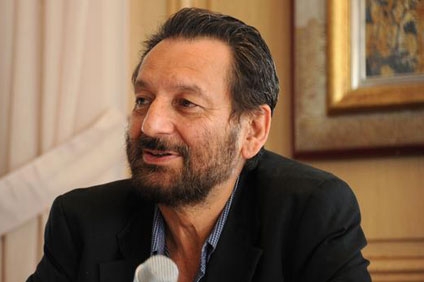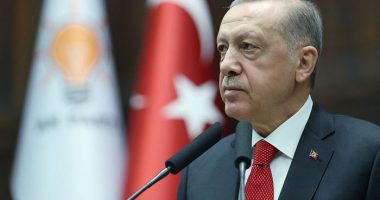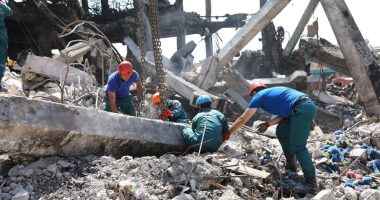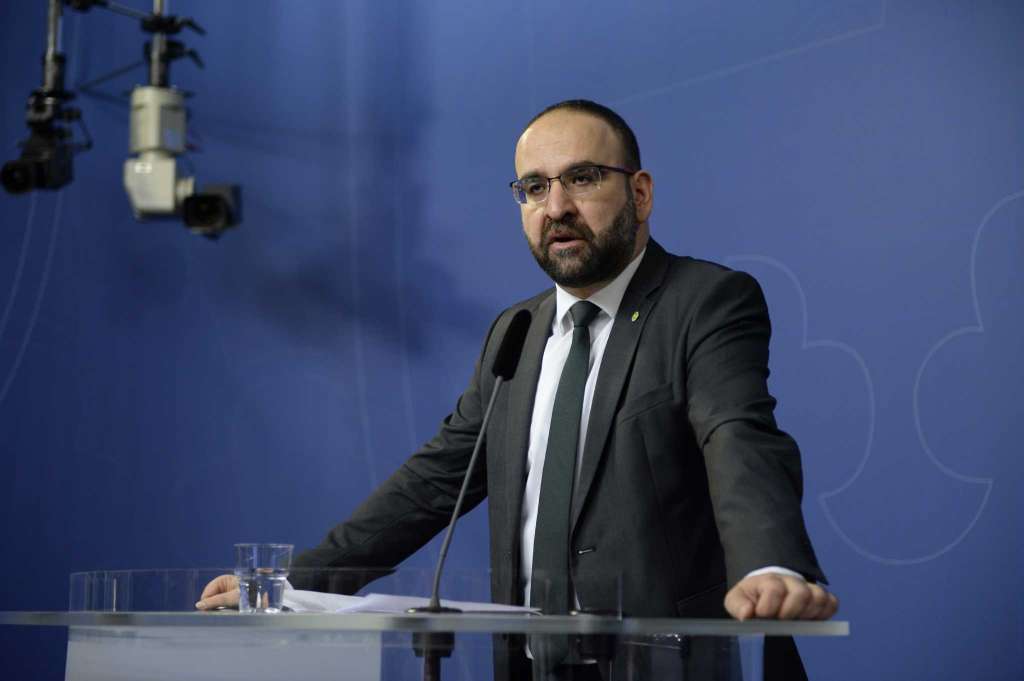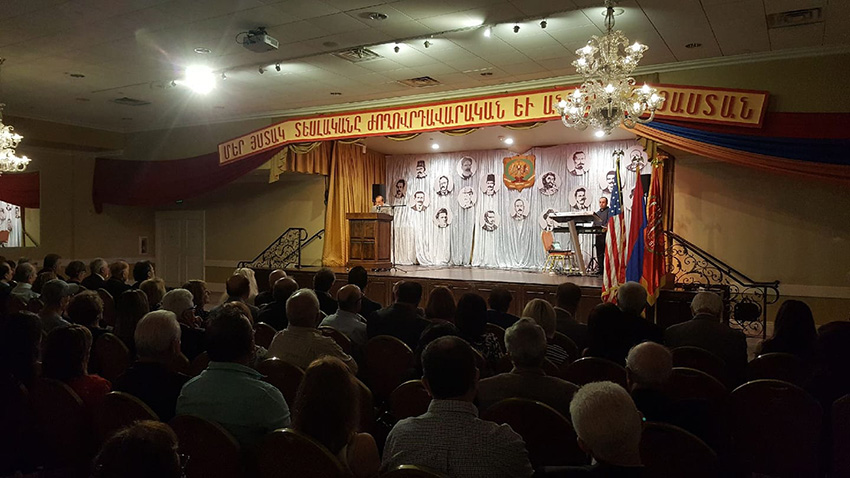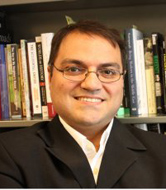

ANN ARBOR, MI –The discourse on Genocide and Modernity is still a hot topic within the historiography of Genocide and Holocaust Studies. Scholars are debating whether the mass murders of the 20th century are solely the byproduct of modernity or the outcome of the breakdown of civilization, progress, and reason within their respective societies. More so, a good number of these works concentrate on Europe by having in mind the Holocaust as the ultimate manifestation of Modernity. After discussing the different approaches to the discourse in the historiography, the following talk will concentrate more on analyzing some of the understudied cases within the historiography. By taking the Armenian, the Rwandan and the Darfuran genocides, the talk will examine the ways in which these three cases contribute to the discourse on the Modernity of Genocides in the 20th century. How can these three non-European cases enhance our understanding about the sweeping mass murders of the 20th century in general and the coloration between Modernity and Genocide in particular?
Bedross Der Matossian is an assistant professor of Modern Middle East History in the Department of History at the University of Nebraska-Lincoln. Born and raised in Jerusalem, he is a graduate of the Hebrew University of Jerusalem, where he began his graduate studies in the Department of Islamic and Middle Eastern Studies. He completed his PhD in Middle East history in the Department of Middle Eastern, South Asian, and African Studies at Columbia University in 2008. From 2008 to 2010, he was a lecturer of Middle East History in the Department of History at the Massachusetts Institute of Technology where he taught a variety of courses pertaining to World History, Islam and the West, political history of the modern Middle East as well as the Arab-Israeli Conflict. His areas of interest include ethnic politics in the Middle East, inter-ethnic violence in the Ottoman Empire, social and economic history of the Middle East 19th and 20th century, the history of the Armenian genocide and modern Armenian history.
Co-sponsors: Center for Middle Eastern and North African Studies, Center for African Studies. Free and open to the public.
Live web videocast will be available at http://www.umich.edu/~iinet/iiwebtv/asp/ on Wednesday, November 7 at 4 pm.
Room 1636, International Institute
1080 South University, Ann Arbor, MI, 48109
ASP Lecture: \”Modernity and Genocide: The Armenian, Rwandan, and the Darfuran Cases\”
- No comments
- 2 minute read
High-Ranking Clergy in the Defendant’s Seat
By KRIKOR KHODANIAN The political developments unfolding in Armenia have taken a…
- MassisPost
- July 7, 2025
- No comments
- 3 minute read
Open Letter on the Proposal to Rename the Armenia-Turkey Border Crossing After Talat Pasha
We express our deep concern and disappointment regarding the recent proposal introduced…
- MassisPost
- July 3, 2025
- One comment
- 2 minute read
Pashinyan’s Visit to Turkey and Beyond
By KRIKOR KHODANIAN At the invitation of Turkish President Recep Tayyip Erdoğan,…
- MassisPost
- June 29, 2025
- No comments
- 3 minute read
“I Still Can’t Believe What Happened on June 20”
By LUSYEN KOPA Exactly three months ago, I wrote an article titled…
- MassisPost
- June 26, 2025
- No comments
- 4 minute read

